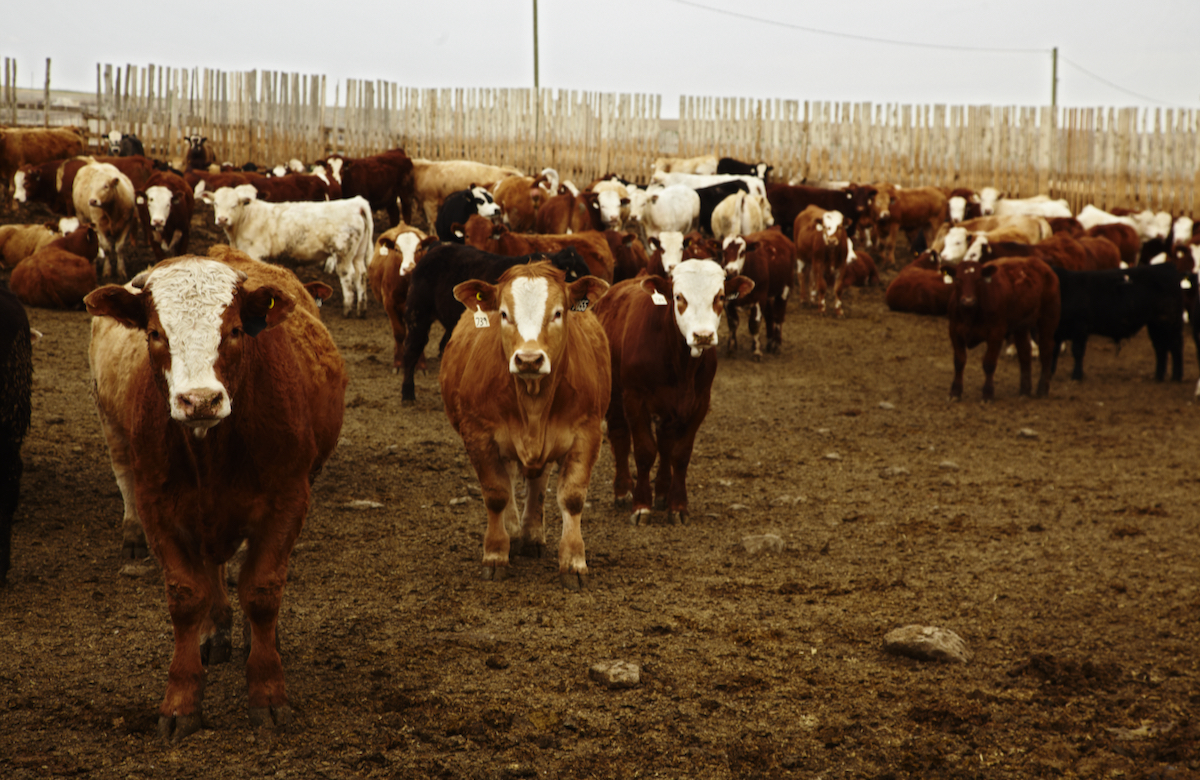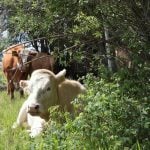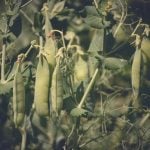Quebec’s ministry of agriculture, food and fisheries isn’t in a position to “adequately contribute” to a coherent sustainable development policy for the province, according to a report filed last week by the provincial sustainable development commissioner.
Harvey Mead’s report, released Thursday by the provincial auditor general’s office, observes that while the ag ministry (MAPAQ) is able to plan and direct policy on such matters, mechanisms now in place are not sufficient for MAPAQ to contribute on sustainable development, nor to consider all the questions dealing with development relating to farming.
Read Also

U.S. livestock: Cattle at fresh highs, hogs weaken
Cattle futures on the Chicago Mercantile Exchange climbed to fresh highs on Tuesday, as tight supplies and the ongoing closure…
“Despite a clearly expressed intention on the part of the government, (the departments involved) have had trouble reconciling environmental protection with agricultural development.”
For example, “no recent comprehensive agricultural policy specifies how an agriculture that ensures the preservation of ecosystems and permits the well-being of the regions should develop,” the auditor’s office noted in a release.
As a result, the way in which agricultural development in Quebec is managed doesn’t sufficiently consider the carrying capacity of its watersheds. Out of 33 possible master plans for provincial watersheds, which were expected to be completed in 2005, only nine have been submitted as of March 31 this year and none have been approved.
Furthermore, out of all permits issued to increase municipalities’ maximum livestock carrying capacity, 79 per cent were issued in municipalities with “degraded” watersheds. They comply with regulations but “entail risks requiring a special follow-up” by the environment department.
“Fragile position”
MAPAQ, the report noted, has relied on joint management and shared responsibilities but hasn’t kept up the capacity to direct and co-ordinate the work involved, thus putting the department and the government in a “fragile position” against pressures from stakeholders in the ag sector.
There are also no key or meaningful indicators to define what “sustainable” agriculture should be, so it’s impossible to set clear targets or define Quebecers’ “tolerance thresholds” on issues such as the ag sector’s financial situation or farms’ impact on ecosystems.
The report also found that both MAPAQ and the provincial ag lender, La Financiere agricole du Quebec, were slow to introduce measures dealing with ecological conditions, relative to the province’s timetable for such measures.
The report observed that the pending commission on the future of agriculture and agri-food in Quebec, and the enacting of the Sustainable Development Act, will be “timely opportunities” for a major review of the major financial assistance programs for Quebec farmers, which tie up much of MAPAQ’s budget and have “significant impact on the financial leeway.”















